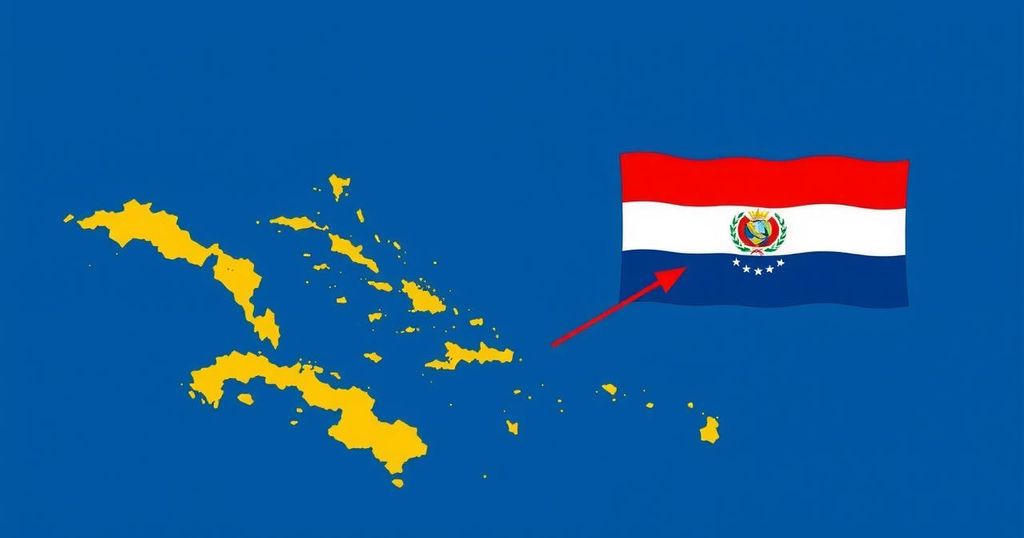Jose Mujica’s Critique of Latin America’s Authoritarian Regimes

Former Uruguayan President Jose Mujica has openly criticized the regimes of Cuba, Venezuela, and Nicaragua through social media, highlighting the ineffectiveness of their systems. He denounces the manipulation of democratic processes in these nations, emphasizing the need for integrity in elections. Mujica, despite his longstanding leftist beliefs, acknowledges the shortcomings of these governments in fostering genuine democracy, echoing broader concerns about governance in Latin America.
Former Uruguayan President Jose Mujica has recently voiced his critique of the governments of Cuba, Venezuela, and Nicaragua, primarily through social media platforms, as his comments did not feature in Cuba’s state news. Mujica noted the ineffectiveness of the Cuban model, stating, “That doesn’t work,” while also expressing his discontent with how these countries manipulate democratic processes. Although he acknowledges the unique nature of Cuba’s one-party system as requiring a different evaluation, he believes the model is ultimately flawed.
Mujica’s forthcoming visit to Cuba with former Brazilian President Luiz Inácio Lula da Silva aimed to encourage the Cuban government towards more economic openness. However, this trip did not materialize, due in part to Uruguay’s current president, Luis Lacalle Pou, having strong criticisms against the Cuban regime. Mujica’s earlier experiences meditating U.S.-Cuba relations add complexity to his position, though he remains outspoken about his frustrations regarding the lack of genuine democracy in both Venezuela and Nicaragua, emphasizing the need for integrity in electoral processes.
He lamented the tendency of these nations to hold elections that result in manipulative outcomes, stating, “It infuriates me when they play at democracy, hold elections, and then… manipulate or commit fraud.” While Mujica has historically had ties to charismatic leaders such as Hugo Chavez, he distinguishes between Chavez’s acceptance of democratic loss and the actions of his successor, Nicolas Maduro, whom he labels a dictator.
Currently, Mujica’s reflections on Latin American politics echo his lived experiences and ideological convictions, as he champions democratic values while recognizing that countries like Cuba continue to maintain oppressive regimes. His critiques were unfortunately disregarded by Cuban state media, indicating a reluctance to engage with dissenting views. Mujica’s life post-presidency, spent in modest comfort, continues to be defined by his commitment to societal ideals, despite witnessing their degradation in practice.
The context of this discourse revolves around Mujica’s long-standing reputation as a champion of democratic values in a region characterized by numerous authoritarian regimes. Once lauded for his leadership and political maneuvering to normalize relations with Cuba, Mujica’s current critiques highlight the disparity between his beliefs and the realities faced by Cuba and its allies. His insights into the electoral manipulations in Venezuela and Nicaragua reflect broader concerns around democracy in Latin America, underpinning the struggle between leftist ideologies and democratic practices in the region.
In summary, Jose Mujica’s recent criticism of Cuba, Venezuela, and Nicaragua underscores the challenges faced by leaders in reconciling socialist ideals with democratic principles. His statements reveal profound disappointment with the state of governance in these countries and highlight the complexities of ideological adherence amidst observed failures in practice. The urgency of addressing electoral integrity and genuine democratic processes remains paramount as Latin America continues to navigate its political landscape.
Original Source: havanatimes.org







